First Page Taipei
First Page Taipei
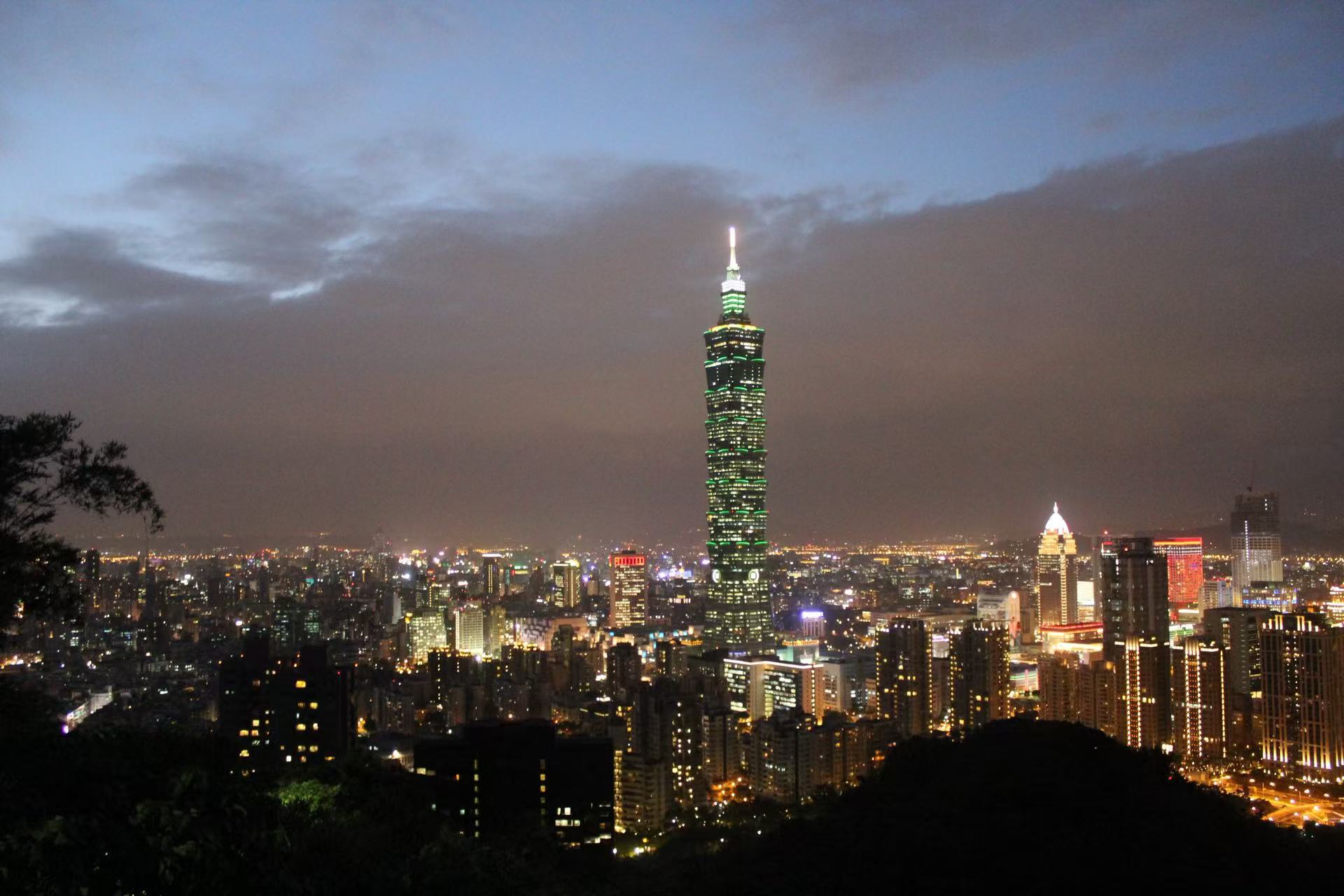
I’m the kind of person who often watches Taiwanese movies, listens to Taiwanese music, and occasionally watches variety shows. I have my own thoughts on Taiwanese culture, especially pop culture, and I really like it. So when interacting with Taiwanese people, I naturally have a subjective inclination to accept them. Plus, having lived in Beijing for so long, I’ve grown somewhat resistant to the impetuous atmosphere in the mainland. Inevitably, my views here are biased.
This article’s name is borrowed from a Taiwanese movie named First Page Taipei(一页台北), hope you will like it.
The topic is vast, so I can only recount what I saw and heard during my ten days in Taiwan based on memory.
The plane took off from Hong Kong International Airport and arrived at Taoyuan International Airport in less than two hours. As it landed, I looked out the window and saw large stretches of farmland and ponds—lush, green, and full of vitality. That was my first impression of Taiwan.
Before going through customs, I first exchanged some New Taiwan Dollars. After counting my RMB, the receptionist told me the amount. It was the first time I’d heard a Taiwanese person speak; their voice was really soft and melodious, yet pleasant to listen to. Later, I went to another exchange counter to convert my remaining Hong Kong Dollars. The receptionist there was equally gentle, with that soft Taiwanese lilt. I heard her chatting with a colleague, mentioning that many people lived in Zhongli because it was close by, but most were new immigrants. I wondered then: does Taiwan also have regional discrimination? I joined in the conversation, she responded, and we chatted a bit—though I can’t remember the details.
The customs officer was just as gentle when I went through. She looked at my entry permit, then at me, and said, “You’ve lost a lot of weight.” I was surprised, so I joked that I’d been dieting lately. She quickly said, “Congratulations.” That was my first taste of Taiwanese warmth—genuinely heartening.
I remember the guy at the information desk outside the airport hall was amazing. He patiently explained directions and helped with things like getting a phone card. He was so attentive that it felt like his job was to truly help people, as if that’s how he earned his wages. Besides mainland Chinese, the most common tourists in Taiwan are probably Japanese and Hongkongers, I think. Most of the people on my flight were Hongkongers or foreigners. At customs, I ran into a Japanese tour group—those obasan (middle-aged women) and sharp-looking elderly men were such typical Japanese, with their distinct mannerisms. Standing in line among them made me a little uncomfortable, but I have to admit, the Japanese are very rule-abiding: no loud talking, polite, and always smiling.
The first lesson in queuing was taught by the airport bus driver. I’d bought a ticket, left the airport, saw the waiting bus, asked about the destination, and tried to get on. But the driver reminded me to queue. I felt a little embarrassed—not because I didn’t know to queue, but because I hadn’t even noticed the line. I think most people in mainland China lack the habit of queuing, probably because resources are scarce and everyone fears being left behind. It’s a national reality, so I won’t dwell on it.
On the bus heading to Taipei—a place I’d only heard of in songs and seen in movies—I stared out the window the whole way, afraid of missing even a little bit of what makes Taiwan different. I realized that Beijing is more modern than Taipei, but Taipei is full of user-friendly designs and convenient amenities, which it完胜 Beijing in. Taipei’s roads aren’t as wide as Beijing’s, there are fewer skyscrapers, and you almost never see pedestrian overpasses. It’s a city with extremely high population density, but that doesn’t mean it’s chaotic. On the contrary, the streets are spotlessly clean—hardly any fallen leaves, let alone trash or scraps of paper. Drivers are mostly very disciplined: you rarely hear honking or sudden acceleration. Everyone drives in order, and hardly anyone overtakes. As for scooters—they’re really a Taiwanese trademark. They wait at red lights in front of cars, everyone wearing helmets. Once the light turns green, the rumble of their engines fills the street, while cars can only trail behind, seemingly resigned.
Most buildings in Taipei are clean. They might not be new, but they’re neat and orderly. In this regard, Taipei’s urban planning is more advanced and mature than Beijing’s. As a new international city, Beijing focuses too much on building skyscrapers and pays too little attention to human-centered, convenient urban design. Taipei definitely wins here.
Taipei’s buildings don’t look all that impressive from the outside—except for Taipei 101 and some landmark commercial structures, they’re quite plain. But the billboards are super trendy and flashy. Maybe it’s the Japanese influence: they love hanging billboards vertically on building exteriors. At a glance, the street is filled with colorful billboards stretching to the end.
The MRT (Mass Rapid Transit) is what we call the subway on the mainland. Taipei’s MRT is incredibly clean. Eating or drinking in stations is prohibited, and there are priority seats—everyone strictly follows these unwritten rules. When it comes to queuing, just watch how Taipei residents wait for the MRT. On the platform, there are two parallel yellow lines, slanting and each wide enough for one person. People really queue neatly along these lines. The design doesn’t block people getting off because the queue is single-file and slanted; passengers exit from the other side, and only when everyone’s off does the first person in line board. It’s so orderly. You can even take bikes on the MRT—there are designated carriages for that, which is really user-friendly. Beijing doesn’t allow that.
Another striking thing about Taiwanese people is how softly they speak—they never disturb others. No one talks loudly on the MRT; most stand silently, and few read or use their phones. Beijing’s subway is much more lively, with buskers and beggars. In my ten days in Taiwan, I didn’t see a single beggar. I only saw homeless people sleeping on the overpass at Taipei Main Station, but they didn’t beg. They just slept there, with a box in front—you could put money in if you wanted, but they never asked.
Hong Kong’s subway doesn’t seem to have restrooms. Beijing’s subway does, but they’re poorly designed, dirty, and have old facilities. I have to praise Taipei’s MRT restrooms—they’re not only high-end but also spacious and classy. The one I used at Zhongxiao Fuxing Station could rival any in a luxury mall in Beijing. Even the restroom in the parking lot at Taipei Main Station was just as nice.
Life in Taipei is convenient. 7-Eleven stores are everywhere, on every street—so handy. Their interiors are user-friendly, with a wide range of items. Beijing still has a lot to learn here. The staff are mostly very enthusiastic, greeting you with that soft “Welcome” over and over. I noticed that mineral water is expensive—around four or five yuan (RMB) equivalent. Milk and drinks are similar. I couldn’t help wondering what kind of water the one-yuan mineral water I drink on the mainland actually is.
There are lots of beautiful girls on Taipei’s streets. Most have good skin, sweet looks, soft voices, long legs, and tall statures. They seem innocent and a little naive, and their clothes are mostly trendy—they’re really good at dressing up. Beijing girls could learn a lot from them. One more thing: many of the girls I saw felt unreal, like their faces belonged in Japanese anime.
A Friend in Zhongli
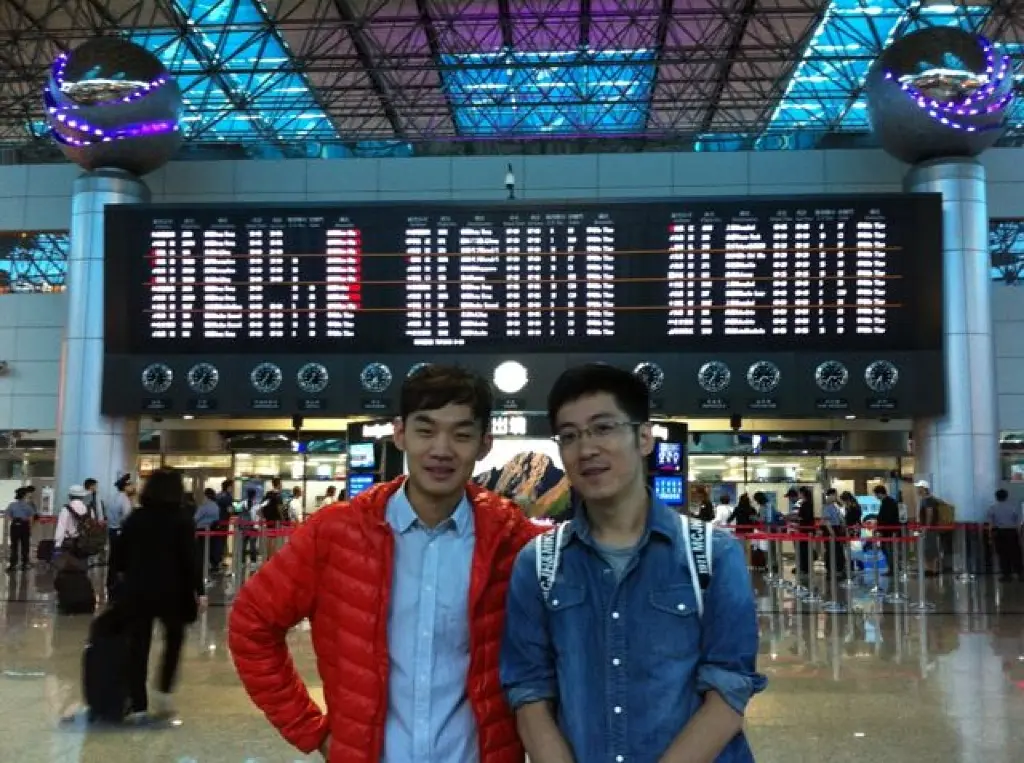
I’m being serious. This really is a friend of mine.
He’s Taiwanese, a few years younger than me, taller than me, and better-looking too. We first met online.
I originally just wanted to find a local Taiwanese person to welcome me, chat a bit, have a meal or drinks together. Little did I know, he took it seriously.
He walked every street in Taipei with me—Taipei Palace Museum, Tamsui, Yongkang Street. We cycled around Hai 迪 Park together. When we hit a slope while cycling, he said, “This is where a man is tested. Never take the downhill path in life.” After hearing that, I pushed myself to the limit and pedaled up.
He took me around Taipei by bus, took me up Elephant Mountain to see Taipei 101 and the city’s night view—we were both soaked in sweat by the time we reached the top.
He’d carefully take photos of me and tell me not to always wear a grumpy face.
He brought pineapple cakes from his home, which was dozens of kilometers away, just because I said I’d never tried them and didn’t know what they were.
At 11 PM, he rode his scooter to the youth hostel to find me, insistent on taking me to the 24-hour Eslite Bookstore.
We rode through Zhongxiao East Road, and I asked him why people “walk it nine times.” He said he didn’t know either.
After 2 AM, we ate late-night snacks at a street stall, and the place was packed.
The day before I flew back to Hong Kong, I took a train to Zhongli City, where his home is. He was already waiting outside the station on his scooter. As soon as I walked out, he rushed over to greet me—I didn’t even see him at first.
He bought tickets for a Taipei professional baseball game, insistent that I experience it, just because I said I liked baseball but that there wasn’t much of it in mainland China.
He brought two of his good friends to hang out with me—we watched MTV together, had late-night snacks, and sat outside the school library chatting and joking around.
I met his mom and sister, and they were both very kind.
He took me all over the streets looking for a stationery store, determined to help me find the right postcard, just because I said I wanted to send one back home.
He let me sleep in his room while he slept on the couch.
He woke up at 5 AM, rode his scooter to take me to Taoyuan Airport, zooming all the way. The sunrise that day was beautiful.
When he saw me off at the security checkpoint, he looked like he was about to cry. I even wondered if he’d fallen for me.
Truth is, I can’t stand goodbyes. But when another guy is struggling more than me, I decided to be strong.
Chinlin—this is my good friend.
Adventure in Ali Mountain(Tainan)
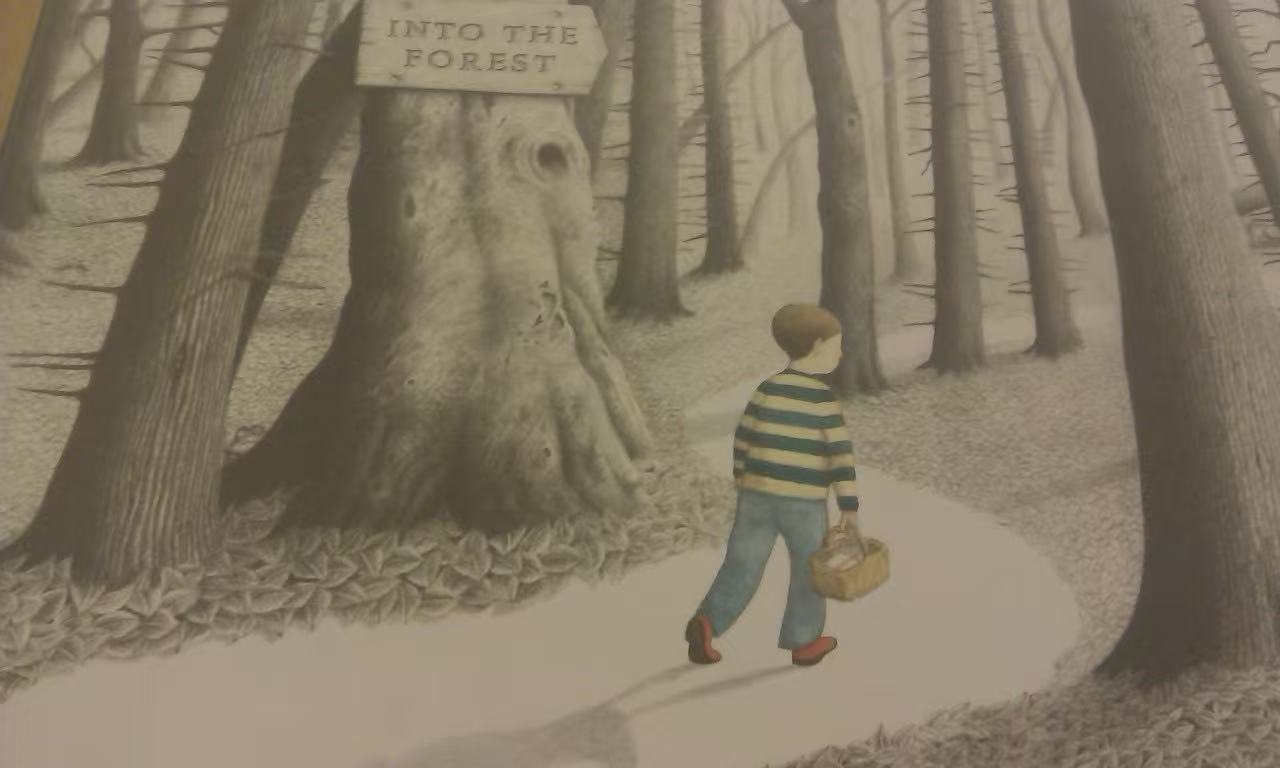
I must have watched too many cartoons when I was a kid—maybe Popeye or something else.
Last October, in Alishan, Taiwan, I casually buried a coin under a wooden stake at the 1.5-kilometer mark on the Tashan Trail. I posted about it on Weibo, telling my friends that if anyone found this Taiwanese coin on their next visit and told me which year of the Republic of China it was minted, I’d reward them with 100 yuan.
It was purely a whimsical act back then, with a touch of mischief. Hardly any tourists walk the Tashan Trail in Alishan Scenic Area. For one, it leads to the mountain’s summit, and tour groups usually just glance around without going through the hassle. For another, it takes so long to reach the viewing platform, and you barely see a soul along the way—it feels a bit thrilling, like an adventure. So I thought: anyone who chooses this path must be, like me, someone who shuns the ordinary and has a spirit of adventure. That’s why, after hiking 1.5 kilometers, I decided to bury the coin as a token. Honestly, I never thought anyone would actually follow through and find it.
Today, a senior of mine got the coin—a 1-yuan coin from the 88th year of the Republic of China, a yellow coin with a portrait of Chiang Kai-shek on the back. I was really surprised when I saw the photo he sent. There’s a real force that drives persistent people to do what they set their minds to. He wants to keep the game going, so he buried a 5-yuan coin at the 2-kilometer mark, waiting for the next person to continue the treasure hunt.
Haha, how fun. Truth is, burying that coin felt more like a gift to myself. I love Taiwan so much that I wanted to relive the feeling of my first visit when I returned someday—a token for my future self.
Either way, I love this relay. The game is on.
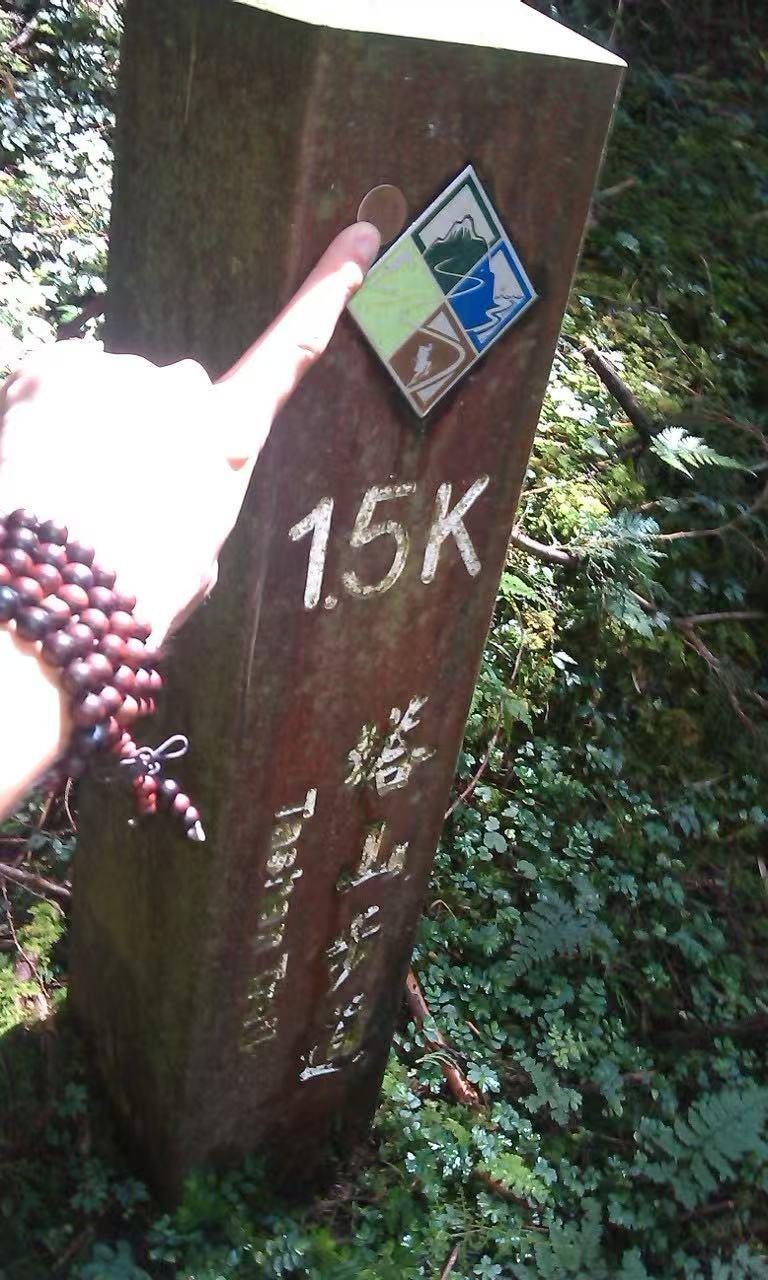
Stories in Hostels and CouchSurfing
Chinese mainland travellers met in Kending
本文首次发布于 StuartLau’s Blog, 转载请保留原文链接.
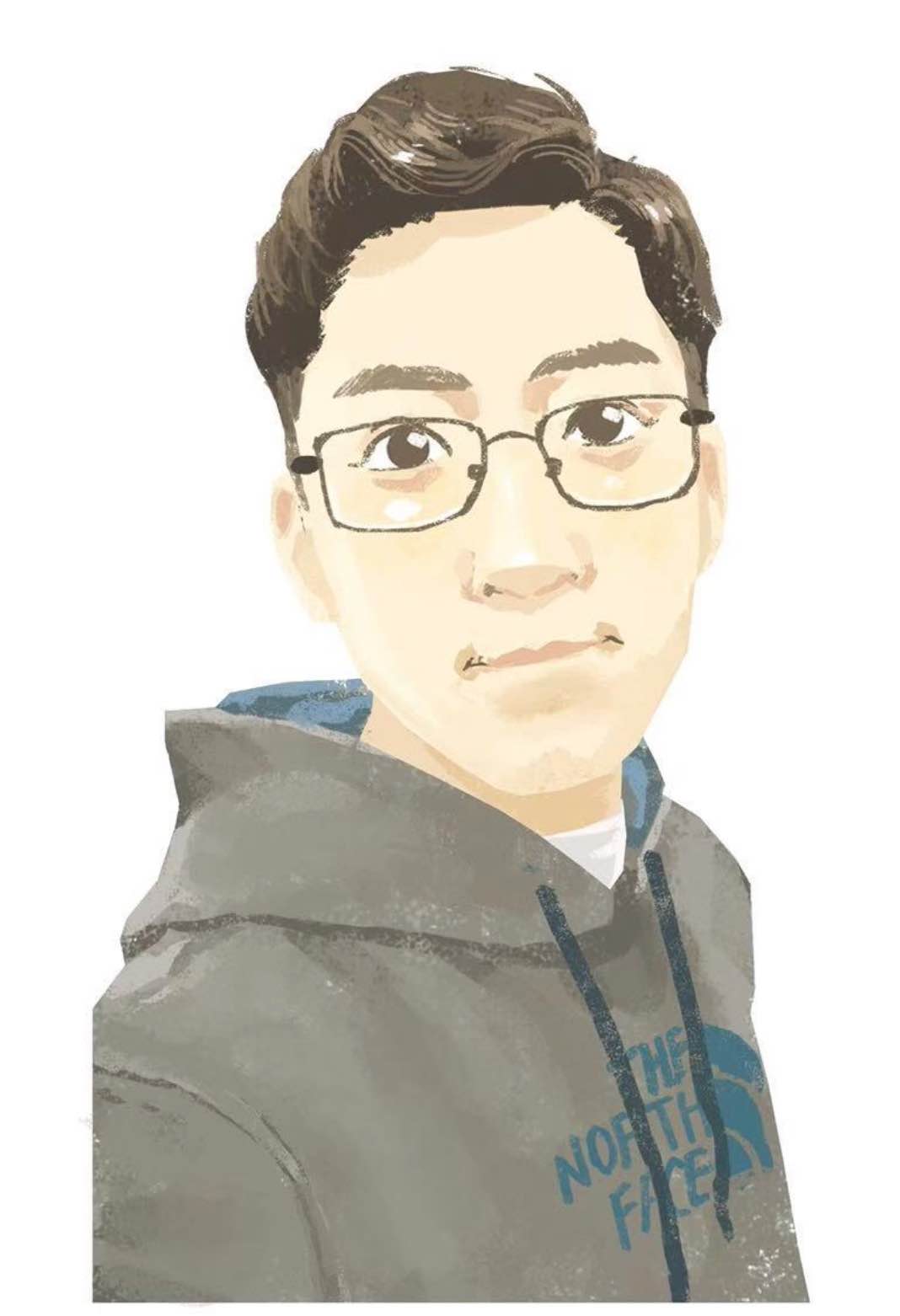
 RedNote
RedNote Douban
Douban